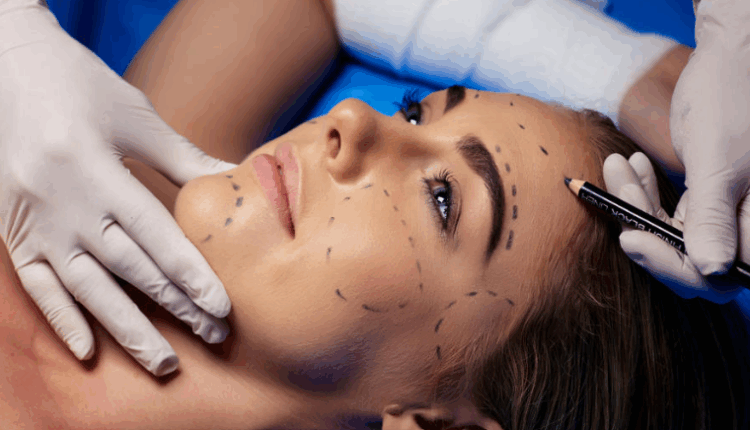Cosmetic surgery, once reserved for celebrities and the elite, has become increasingly mainstream. From facelifts and liposuction to breast augmentation and rhinoplasty, millions of people now undergo procedures each year to enhance their physical appearance and boost self-esteem. While these surgeries can yield aesthetic benefits and psychological satisfaction, they are not without risks. Understanding the potential consequences on the body is crucial before making such a life-altering decision.
The Growing Popularity of Cosmetic Surgery
Advancements in medical technology and the influence of social media have significantly increased the demand for cosmetic procedures. Non-invasive options like Botox and dermal fillers, combined with affordable pricing and minimal downtime, have made cosmetic enhancements more accessible. The goal is often not just to look younger but to feel more confident and align physical appearance with personal identity.
Common Types of Cosmetic Surgeries
- Liposuction: Removal of fat from specific areas to contour the body.
- Rhinoplasty: Reshaping the nose for aesthetic or functional reasons.
- Breast Augmentation or Reduction: Enhancing or reducing breast size.
- Facelifts: Tightening sagging skin and muscles for a youthful look.
- Tummy Tucks: Removing excess skin and fat from the abdomen.
Each procedure comes with its set of physical, emotional, and medical considerations.
Consequences and Risks on the Body
- Infection and Scarring:
Post-surgical infections can occur if proper hygiene and care are not maintained. Scarring is also a common outcome, and in some cases, the scars may be permanent or more visible than expected. - Anesthesia Complications:
General anesthesia carries risks such as allergic reactions, respiratory problems, and in rare cases, even death. Patients with pre-existing health conditions are particularly vulnerable. - Blood Clots and Internal Bleeding:
Invasive surgeries can lead to blood clots or internal bleeding, which can become life-threatening if not treated promptly. - Nerve Damage and Loss of Sensation:
Numbness, tingling, or loss of feeling in the affected area may occur due to nerve damage. While often temporary, in some cases, it can be permanent. - Body Dysmorphic Disorder (BDD):
Cosmetic surgery can sometimes worsen underlying mental health issues. Individuals with BDD may continue to feel dissatisfied with their appearance and seek repeated surgeries, leading to emotional distress and physical complications. - Long-Term Maintenance:
Implants and fillers often require future surgeries or adjustments. Without proper maintenance, the results can degrade, leading to asymmetry or discomfort. - Poor Surgical Outcomes:
Not all procedures go as planned. Botched surgeries may require corrective procedures, adding to financial and emotional stress.
Conclusion: A Decision Not to Be Taken Lightly
Cosmetic surgery is a deeply personal choice that can bring satisfaction and improved self-image. However, it is essential to weigh the risks alongside the benefits. Consultation with board-certified surgeons, a thorough understanding of the procedure, and realistic expectations are crucial steps before undergoing any surgery.
While cosmetic procedures can offer transformational results, they should be pursued with care, not as a shortcut to happiness or self-worth. True confidence often stems from accepting and nurturing the body, not just reshaping it.


